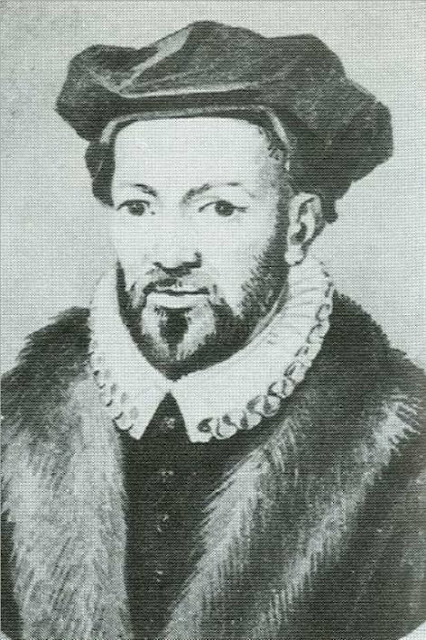The Protests Which Divided Reformed Churches
In his 2003 doctoral dissertation on Theodore Beza, John F. Southworth explained how a two-fold emphasis developed in Reformed theology when it came to politics. On the one hand, Scripture teaches that believers must obey rulers in all things not contrary to the Word of God. When a ruler requires his subjects to sin, that is not a “license to sin.” God’s authority always supersedes that of human authorities. On the other hand, God hates anarchy. He wants law and order. Therefore even a tyrannical government is better than a situation of anarchy.
Both of these emphases come to expression in article 36 of the Belgic Confession. The principle of good order rather than anarchy is heard here: “[God] wants the world to be governed by laws and statutes, in order that the lawlessness of men be restrained and that everything be conducted among them in good order.” The “no license to sin” emphasis comes through in this sentence: “Moreover, everyone – no matter of what quality, condition, or rank – ought to be subject to the civil officers, pay taxes, hold them in honour and respect, and obey them in all things which do not disagree with the Word of God.”



